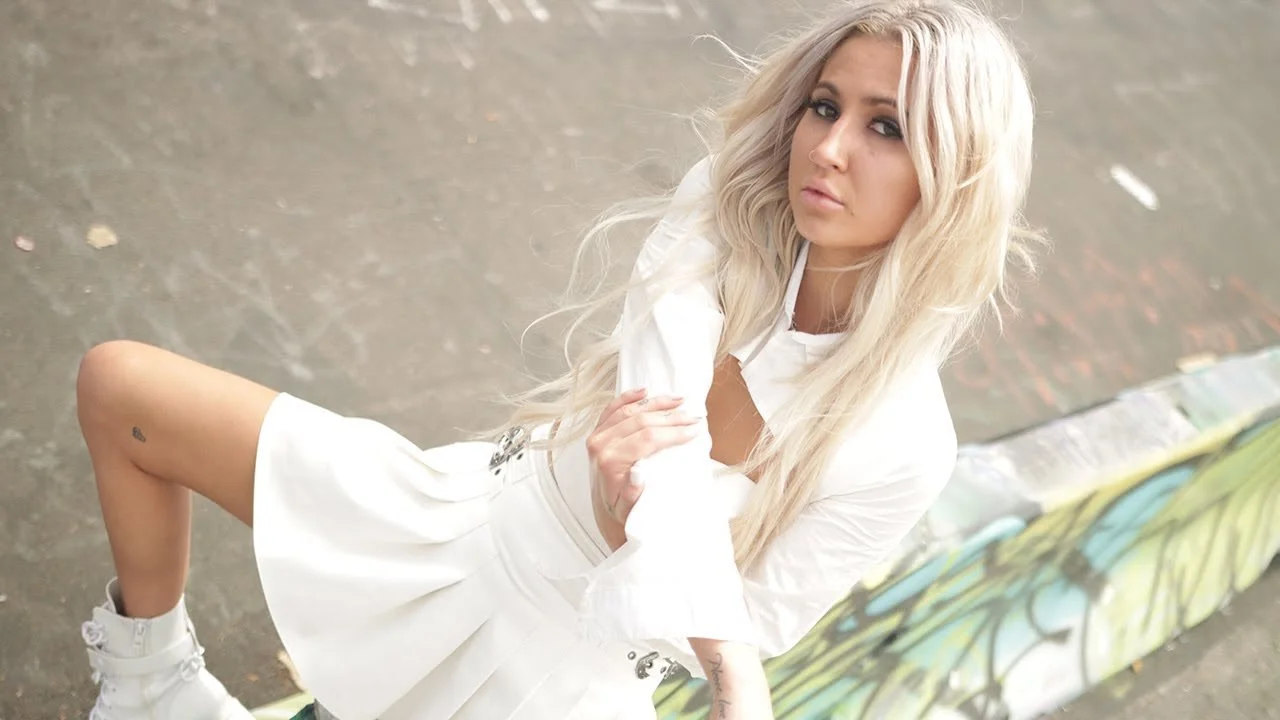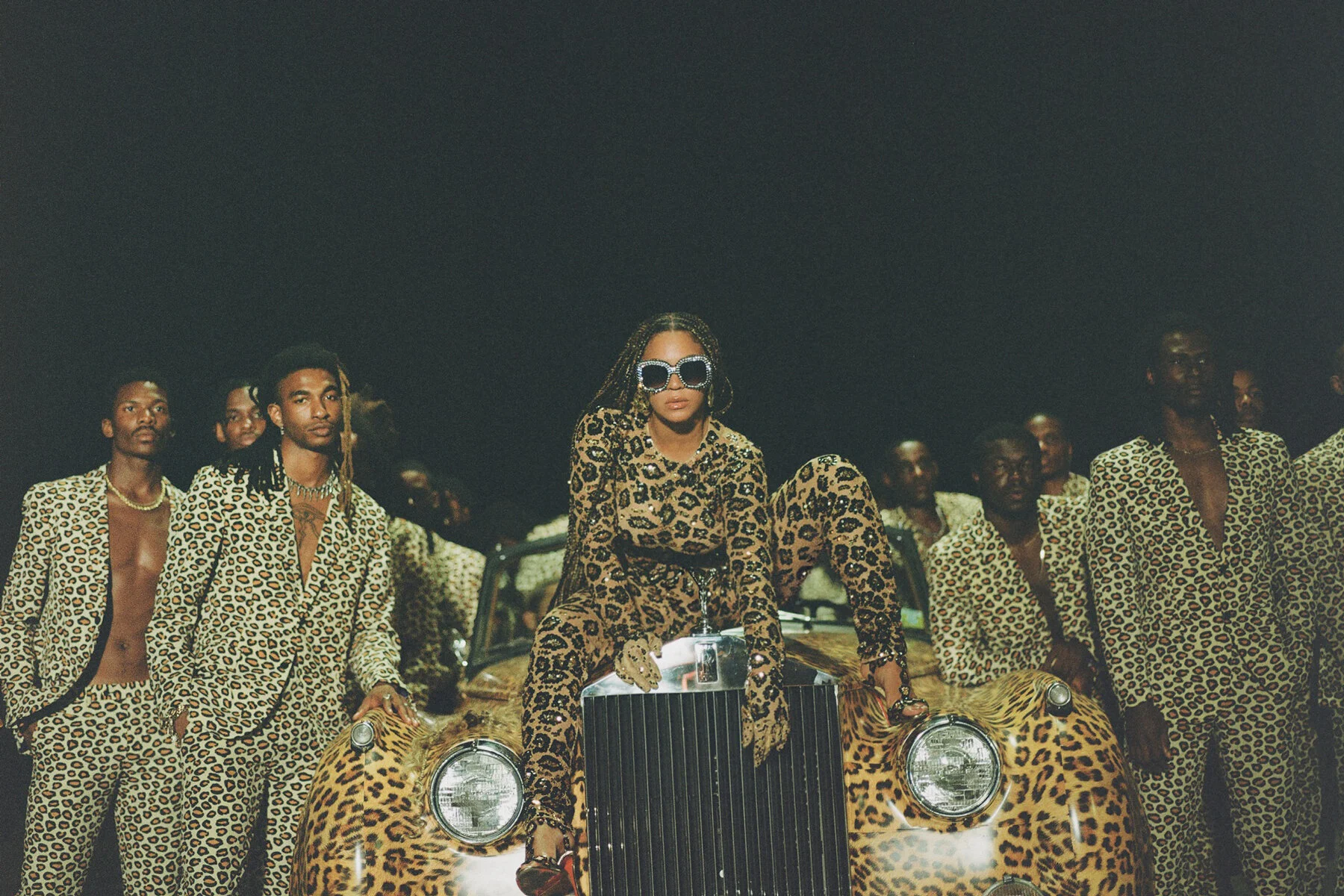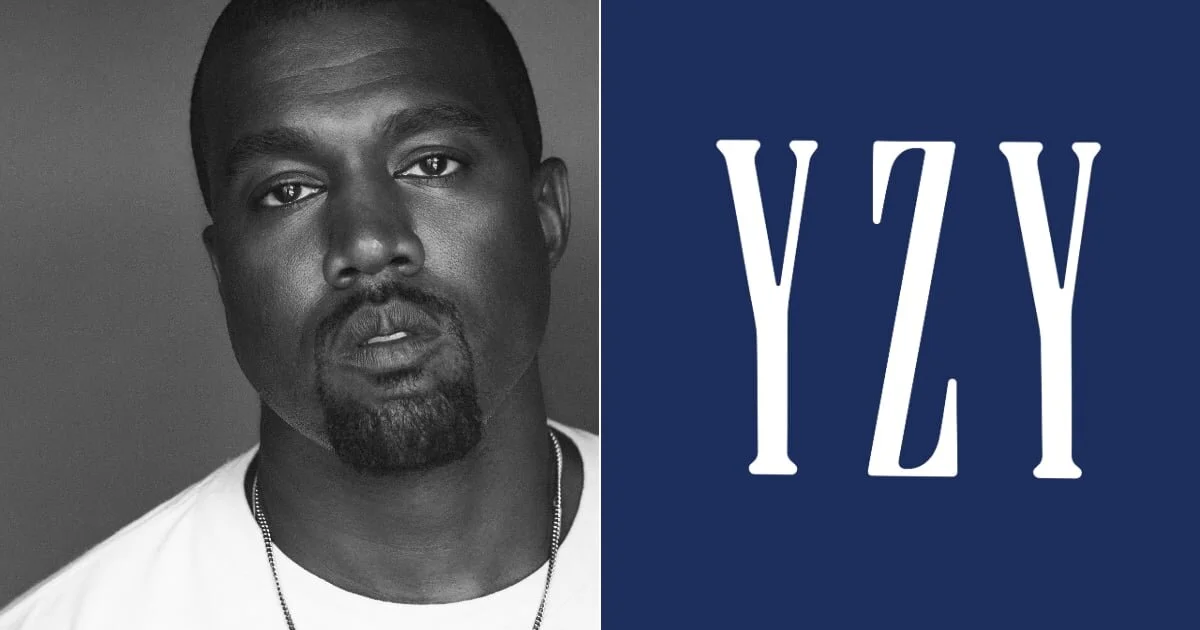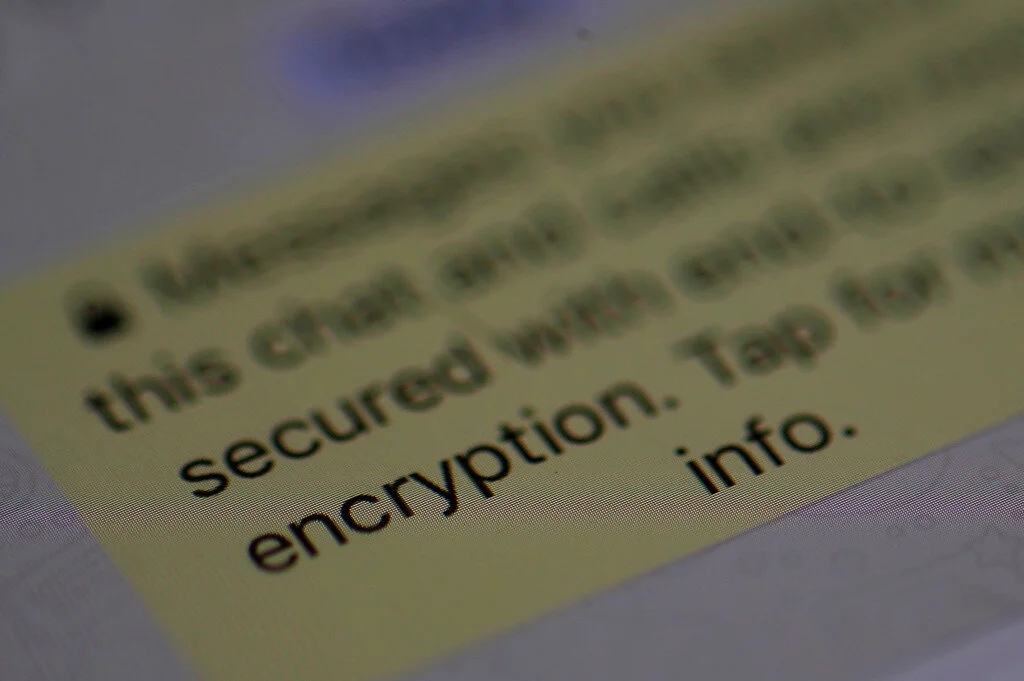Let There Be Fire: A Call to Black America
PART 1: Criminal or Not, WE WANT JUSTICE
It is well known that Black America is a house divided. The evidence lies among the resulting ruins we live in; we are accustomed to our own destruction. So, it is not surprising that Candace Owens doesn’t stand for a criminal like George Floyd to be made a martyr for the civil unrest that has been brewing in the belly of Black America for centuries, especially as of the past few decades.
She references American conservative author Shelby Steele and the notion that Black America is the only community that will “cater to the bottom denominator of our society.” Fox Friend and former Tucson police officer Brandon Tatum has gone viral with a finger-wagging response condemning (presumably black) people protesting one man’s death, rioting, and the destruction and looting of black businesses. He joins the chorus of folks who ask, “What have you accomplished?”
Tatum and Owens are voices that stand on the side of blackness that say that black lives won’t matter until black lives matter to black people (in perhaps the most abrasive ways possible). While accountability is necessary for all delinquents in any society, understand that this should never be up for global discussion.
The ills sickening the black community is a discussion black people need to have with black people without everybody else’s interpretation, input and raggedy two cents. The topic of discussion right now is simply justice. Was it justice for the black criminal who doesn’t get a fair trial?
Was it justice for the black criminal who does have a trial (let’s assume that it was fair and among a jury of his/her peers) Is it fair for that black criminal to get exponentially more time on the books than the convict’s white counterpart?
Simply put, criminal or not, we want justice.
If humane consequence, justice, or simple morality is the surface of the ocean, a black person in America is at its ocean floor. While crime is wrong, separating the severity of the consequence becomes a challenge when the scales of justice are leaning against you.
George Floyd may not be the martyr the media has made him out to be, in the name of Black Lives Matter, but his death became the last straw..the one that broke the camel’s back. How impotent you look when you decide to yell at the camel, reprimanding it for its pain.
While some of us who choose to antagonize the Black community for our anger, may come from a place of constructive criticism, it would behoove them to also note how the dissonant melody they croon misdirects our energy away from the overall goal. Now is not the time to nitpick with each other about private matters; the days of bringing irrelevant people into our culture needs to be over.
Now is the time to decide how we will exact the necessary consequence when ANY black life is unjustly taken no matter who has taken it. We only hear about it when the police do it, but in our neighborhoods, we get to be on one accord, unified enough to know when something is wrong and have the wherewithal to effectively handle it.
Black America needs to regroup and when regrouping is needed, solitude has also simultaneously become a requirement. Now may also be the time for Black America to pack up and separate from the outside world.
Part 2: Segregation - A Vehicle to the Light of Black Unity
The call for segregation does not mean going back to accepting the disparities set before our communities in the past. Today’s call for segregation comes from the souls of educated people with resources and ways to gain resources.
The spirit of O.W. Gurley and his team of wealthy founders of Greenwood’s Black Wall Street run through the conversations of modern-day segregation. It does not have to be mandated by any government. It just needs to be a collective agreement by a small group of visionaries who can lead, generate an abundance of income, and have a clean heart for the people.
Essentially, segregation in this case really means leveraging finance, education, and law to create a safe, physical space for a group of people who wish to be shielded from poor policing, racism, tainted judicial systems, corrupt politics, unequal opportunities, and other things on the infamous list of disparities working against people of color in America. Segregation could create the distance needed for mental, emotional, spiritual, and financial healing.
If non-black allies must be involved, this mastermind group of visionary needs to be bold enough to put allies at the furthest point of the perimeter of our community to help disbar the ne’er do wells (aka haters and infiltrators) and be a united front that helps protect the nucleus of its operation.
The allies are to be trusted with an everlasting doubt; they must always be reminded of their unpayable debt and view our trust as gold, earning it over time. Voluntary segregation in this fashion is the unity Black America has been waiting for. Racial equity may be a new concept for corporate America, but as Nina Simone says of the progress of the Civil Rights Movement, it’s too slow.
Surely colonizing elsewhere may be another viable option, but why be forced to leave the blood, sweat, bones, and tears of the ancestors upon which this land was built? Is this land not our Canaan?
We were once African who became American, but being African American has since become Black American over the past few generations, as our culture has changed. In lieu of trying to fit into Africa’s standards while trying to reject the culture we were forced to assimilate here, perhaps we can have a chance to redesign a hybrid of both and redefine what it means to be Black American.
Maybe people won’t mind being categorized by such a mysterious color. Maybe then, other countries can look upon Black America and say, “Wow. They have finally done it. They have defined themselves and they are as beautiful as they think they are.”
Maybe once we separate ourselves from the sensationalism around what it means to be American, our future generations would never believe that our splendor was ever akin to the likes of Kool-Aid, ghettos and peasant behavior.
When talks of segregations rumble in intelligent circles of college graduates, self-made citizens and leaders who have simply had enough, the vision we see at the end of the tunnel is coming to fruition. Segregation is merely a vehicle to the light of Black Unity.
If every major city had a Black Wall Street, an O.W. Gurley and a J.B. Stradford to lead it and a community dedicated to circling black dollars within that community, we could begin to write our own narrative. Why buy islands in the Caribbean when you can buy a town in Georgia?
Why donate to third world countries overseas while there is one in every ghetto around the states? Once the black community sheds the idea of equality and begins to increase control over creating their own equity, we have a shot.
Equality is no longer the goal. To continue to fight for equality is to ride the hamster wheel until you die from running in place going nowhere, exhausted and tired out.
There is a history of slow progress in our fight for equality, but now is the time for momentum. The system can be manipulated by anyone who wishes to master it and though there will be mistakes made, losses to take, and lives to lose, there will also be lessons learned, triumphs to celebrate and life to live.
Part 3: Let There Be Fire
This distinction between equity and equality speaks to an unpopular belief: Black people don’t need to be equal to white people. Lest we forget all of the knowledge, technology, economy, and gifts of culture given to white America specifically by black folks, consider the grace that is embedded in our general nature.
Despite the unfair aggression and intolerance to the very existence of black life, blackness in America is sealed under a blessed crown of voluntary absurdity. Whether potentate by bloodline or by Providence, black lives are considered replaceable to the majority and so easy to exterminate through overt and inconspicuous means.
We notice this and still, Black people choose insanity in the form of degrees, fashion, poetry, acting, singing, business, and other outlets. Amiri Baraka reminds us in the one-act play Dutchman that the sane thing to do is to retaliate in full congruence with the way we have been treated.
Yet, we regularly choose peace. Whether it be because of our own pride in being the bigger person or pride in our own excellence or whether it be because of the fear of consequence when we even whisper a request for basic person-to-person respect, it still stands that most of us don’t want bloodshed on either side.
No longer will those meek outlets suffice, nor will they keep generationally righteous anger at bay for much longer. Unfortunately for some, James Baldwin’s predictions are spot on as we enter the era of fire from these times.
My own prediction is that 2020 will be another one of those hot summers with smash hits like ‘Four Women’ (that last verse is fire!), ‘Mississippi Goddamn’, ‘Don’t Let Me Be Misunderstood’ and ‘Strange Fruit’ serenading from our souls; the average Black life these days feels like a Nina Simone concert. We’ll be revolutionary in our defiance.
We’ll keep it together in front of our white counterparts and only pray they don’t mistake our quiet anger for silent consent to the malarkey they perpetuate. We’ll indulge in videos and photos and live streams of violence, have poignant conversations around strong opinions among friends and family, and we will bide our time preparing for a war we never really wanted.
We’ll find ourselves fighting common sense, warring against our better nature as ill wishes for our enemies entice our soiled compassion. We’ll find ourselves praying, fighting, protesting, crying and consoling each other.
All of this in the heat of the coming months. Still, all we do is survive the impossible. This time though, I ask that we use this energy shift to aggressively pursue our own success - personally, professionally and fiscally - the same way we attack social causes.
We cannot keep begging others for what we have the power to provide ourselves.
If love is the answer and the key to changing the perspective of Black Americans, perhaps it is not the love that white people may have for blacks or vice versa. Rather it is likely the love of our black selves that will begin to reiterate to outsiders that black people get crazy love from black people, so much that everyone else is forced to respect that love.
If that love looks like raising hell because one of our black criminals was killed before his time in court, so be it. If black love looks like sequestering our bodies in one area free from white people, then let it be that.
If true black love is shaped like a hundred dollar bill that cycles in an all-black community ten times before it leaves town, then that is what it is going to be. Whether it is withholding your black dollars from non-black businesses or activating your right to bear arms while protecting your community, then so be that as well.
It’s already a hot summer anyway, Black America. If the fire this time is not to be (possibly) violent, legitimate anger towards injustice, but newfound collective self-love that blazes with an eternal fire, let it burn.
About the Author
A Brytney Reaves, also known as Queen Ex, is creator and editor of black literary magazine The Ex Factor, published by her company Queen Ex Literature. She is an author and poet from Los Angeles, California. Currently, Queen Ex is a host on The O.M.R. Show, a podcast she created and dedicated to hosting open intersectional conversation, especially between generations.

































